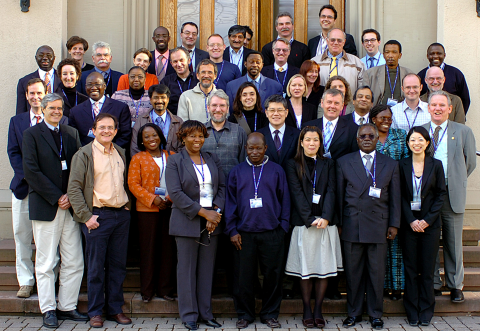The RBM WIN Working Group reviewed key strategies to enhance scalable malaria vector control, recommending a name change to reflect this focus. Key actions included forming a sub-group for IRS scale-up, updating consensus statements on ITNs and IRS, and strengthening advocacy efforts through RBM and WHO GMP. The group emphasized integrating ITN delivery with routine ANC and EPI, improving communication strategies for ITN use, and exploring LLIN retreatment mechanisms beyond mass campaigns. Additionally, they proposed improving visibility and accessibility of WIN products, expanding partnerships beyond WHO GMP, and identifying rapid publishing solutions for working group outputs.
For the RBM Secretariat and Board, the group supported MMSS in facilitating LLIN procurement and highlighted challenges in pooled financing and procurement, requesting monitoring and guidance on best practices.
RBM Partners were urged to align with the Paris Declaration on Aid Effectiveness and provide technical support for GFATM Round Six applications. Concerns were raised about LLIN supply potentially exceeding procurement and delivery capacity, and the group stressed the need for implementation research to assess malaria control impact, including studies in Ghana and Papua New Guinea.

